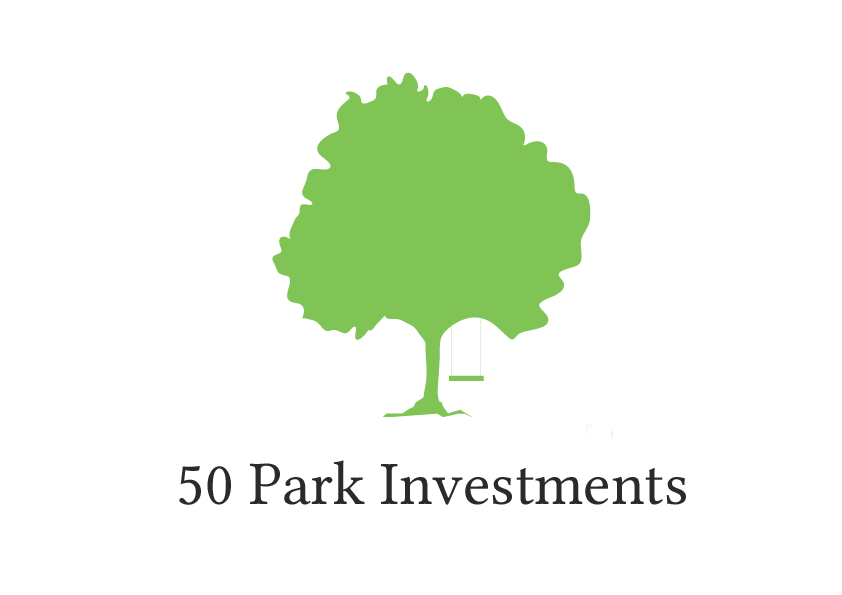Gambler or Trader?
Gambler or Trader?
Source: Stockscores.com Perspectives for the week ending January 8, 2013
This week’s Trading Lesson
Many people think that trading the stock market is a form of gambling, making the markets of the world not much more than giant electronic casinos. For many who trade the market, gambling is exactly what they are doing. For others, trading is not gambling and this week I want to outline what makes the difference.
First, let’s define what gambling is. Simply, it is wagering money on a bet that has a negative expected value. That means that a rational person who understands the odds of the bet should expect to get less back than they put in. Yes, a gambler might get lucky and get far more back than the math would predict but placing these bets many times will lead to losses.
To avoid being a gambler, the trader must make trades that have a positive expected value. Let me explain by looking at a well-known casino game, Blackjack.
The object of Blackjack is to amass cards that add up to 21 without going over with the hope that your total is greater than that of the dealer. The player who has a King of Hearts and a 10 has a score of 20 and beats the dealer if she has a pair of nines, adding up to 18. I am sure you already know how the game works and I expect that most of you know that in Blackjack, like any casino game, the odds favor the house. That means that a casino that deals thousands of hands of Blackjack can expect to win. They won’t win every hand, just the majority over a large number of hands.
Therefore, Blackjack is a gamble because the expected value of playing the game is negative. There are, however, ways to take the gamble out of Blackjack, some legal according to the rules of the game and others not.
If the dealer is showing a six and you the player have a six and a five, it is not a gamble to “Double Down” by doubling your bet and only taking one more card. The odds of you winning are in your favor in this scenario because the six that the dealer holds is a bad card and the 11 that you currently have has a good chance of turning in to a 21 if you draw a card that has a value of 10. Doubling down on 11 has a positive expected value as long as the dealer is not showing an Ace.
So, within a gambling game like Blackjack there are scenarios where the odds favor making a bigger bet without breaking the rules. Some Blackjack players have learned how to break the rules of the game and put the odds in their favor, the most common way is to count cards.
A card counter keeps track of the number of face and small number cards that remain in the deck by counting those that have been dealt. When a remaining deck is heavy with high value cards, the odds of the player beating the dealer goes up enough to favor the player, making the game one where the expected value of making a bet is positive. At this point, the game is no longer a gamble because the player should make money, unless they suffer from bad luck. This differs from the gambler who relies on good luck to win.
Let’s bring this concept back to trading. Do you know the expected value of the trades you make in the market? To really understand what your odds of making a profit, and the expected size of that profit, requires establishing a set of rules and testing those rules over a large number of trades so you can determine the expected value of your strategy rules.
You may establish that you want to buy any stock that a PE Ratio of less than 70% of the industry average. Sounds like a good idea, but is it? Only testing that rule over many trading examples and market conditions can really tell you if this simple approach to the market is an effective one.
Strategies do not have to be complicated by they do need to be well tested. If you approach the market without a set of trading rules and an understanding of the expected value of your trading approach, you are a gambler. Yes, you will get lucky and could make great profits. However, in the long run, the profits of the gambling trader are just short term loans.

